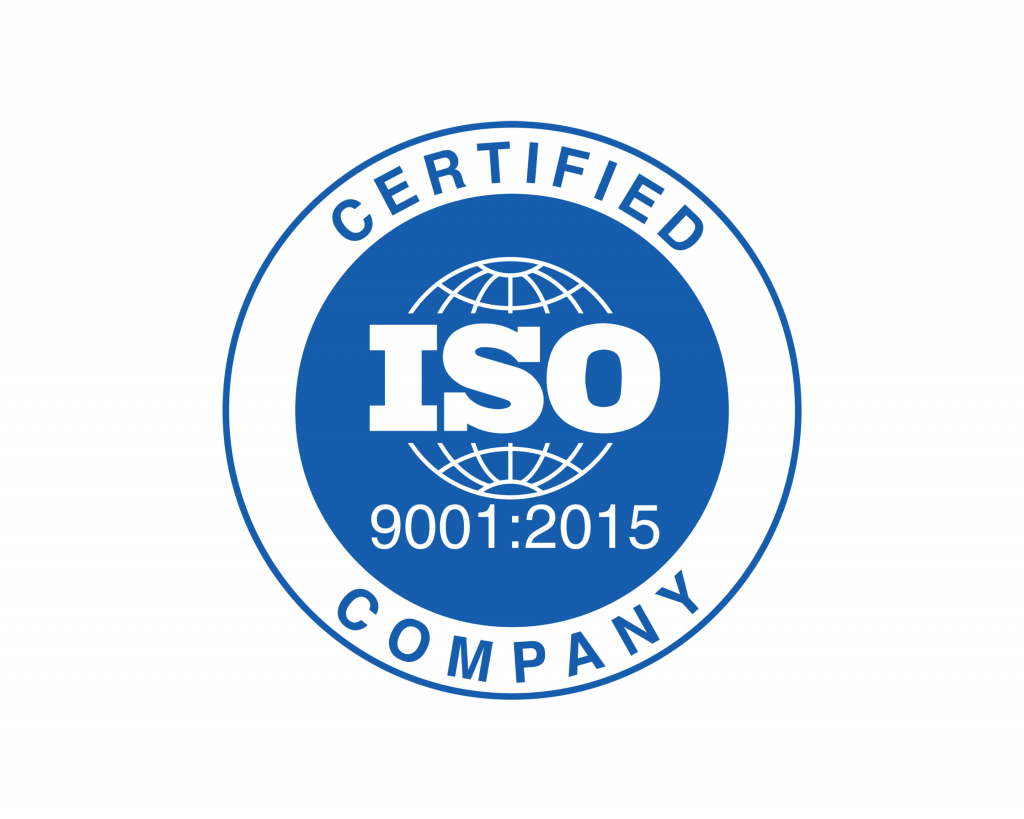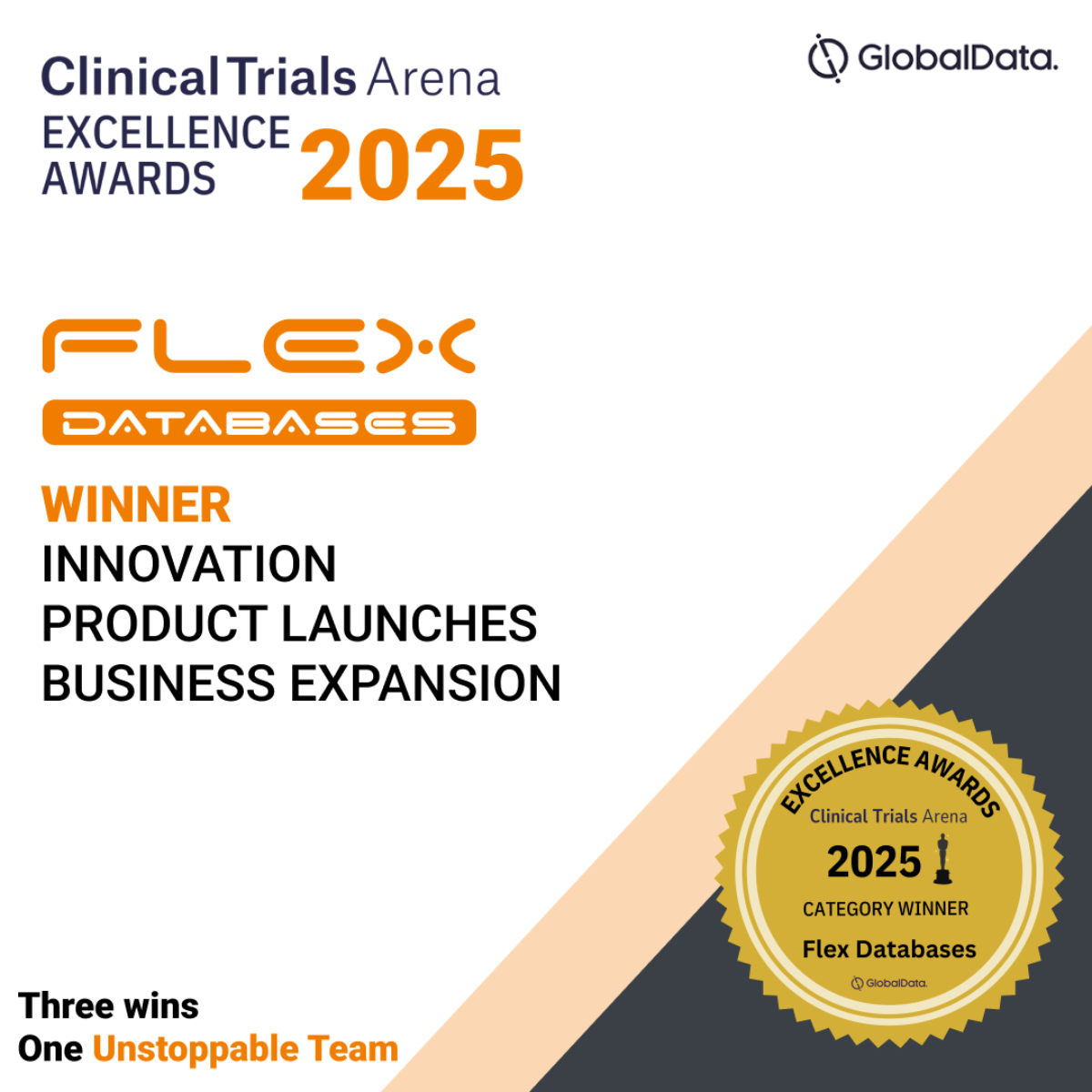Flex Databases Certified to ISO 9001:2015
June 13, 2024

We’ve always been proud of our Quality Management System, which has been recognized by our clients during numerous audits and has helped us become a trusted vendor to regulated companies all over the world. Now, we have documented evidence – the ISO 9001:2015 certificate.
Flex Databases’ ISO 9001:2015 certification demonstrates its dedication to providing a comprehensive document control solution.
The ISO 9000 family is a standardized set of guidelines for Quality Management Systems designed to help organizations ensure compliance with all statutory and regulatory requirements while also meeting customer needs.
The Main Principles of Quality Management in Clinical Trials
- Customer Focus – Flex Databases’ Quality Management software helps companies meet customer requirements and strive to exceed customer expectations.
- Leadership – Flex Databases helps companies unite their goals and create an environment where everyone works together to achieve the organization’s quality objectives.
- Engagement of People – Flex Databases’ Quality Management and Document Control solution encourages a culture where everyone is skilled, empowered, and involved, improving the organization’s ability to create and deliver value.
- Process Approach – Flex Databases ensure consistent and predictable results by managing activities as interconnected processes that work together as a system.
- Improvement – Flex Databases’ Quality Management solution encourages customers to maintain an ongoing focus on improvement.
- Evidence-Based Decision Making – With Flex Databases customers are better equipped to make decisions based on data analysis and evaluation, increasing the likelihood of producing desired results.
- Relationship Management – Flex Databases ensures success by helping companies better manage relationships with interested parties, such as suppliers, sub-suppliers, and auditors.
Flex Databases QMS
The Quality Management System (QMS) offers centralized management of quality-related activities. Here’s a summary of its capabilities:
QMS Processes: Streamline all quality management processes within one system.
SOPs, Audits, Incidents, CAPA Management
- Manage Standard Operating Procedures (SOPs), audits (internal, external, vendor), incidents, and Corrective and Preventive Actions (CAPA).
- Initiate CAPA processes, including review, planning, and resolution.
- Manage audits comprehensively from planning to CAPA task resolution and observation periods.
- Register and track incidents, evaluating severity and impact, and monitor their resolution.
Customization and Configuration
- Customize workflows for QMS documents, audits, CAPA, and incidents.
- Create custom views, fields, and activities tailored to specific needs.
- Upload templates and generate audit-related documents such as plans, reports, and certificates within the system.
CAPA Management
- Initiate and manage CAPA processes, assigning tasks to responsible team members.
- Track responses and progress, monitor observation periods, and evaluate CAPA effectiveness.
- Generate documents and manage evidence of action implementation.
- Track various KPIs at company and project levels.
Audit Management
- Plan and schedule audits of various types (internal, external, vendor).
- Manage the entire audit lifecycle from planning through CAPA tasks to resolution and observation periods.
Incident Management
- Register and track incidents, assessing severity and impact.
- Monitor incident resolution, actions taken, and timelines.
- Make decisions on CAPA requirements based on incident assessments.
SOPs and Document Management
- Create and review QMS documents with revision history, electronic signatures, and transparency in the review process.
- Report on document review steps, responsible employees, and timelines.



